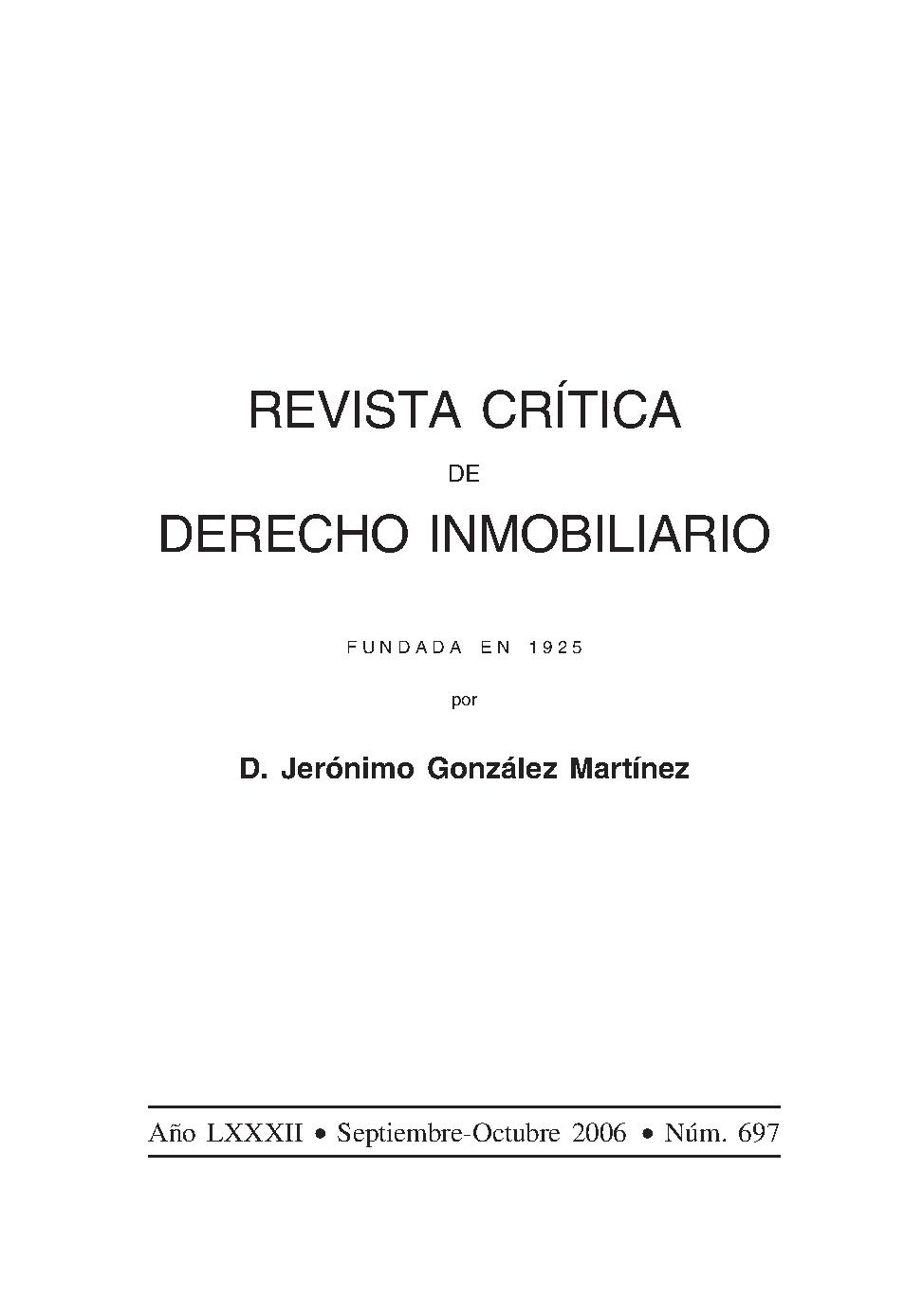LA PROHIBICIÓN DE LA SUCESIÓN CONTRACTUAL DESDE LA PERSPECTIVA NORMATIVA DEL CÓDIGO CIVIL.
Keywords:
CONTRACTUAL SUCCESSIONAbstract
One of the procedures used throughout the writing of the doctoral thesis (entitled «The Prohibition of Contractual Succession in the Civil Code») that prompted this article was that of the path of the Civil Code rules that are potentially applicable to the issue at hand. The path begins with the evidence that the law consists of a system or set of rules and, therefore, the evidence of a notion called the «proposition of law». The extensive group of propositions of law contains, in turn, the proposition of law cited above, at issue in the thesis, which is implicit in the rule viventis non datur hereditas. In the article -and in the thesis- it is postulated that the above-said proposition of law is one of the many commonplaces (topoi) that are not identified with any clear legal concept, are not reflected in any concrete law, span several profiles or aspects and, lastly, must be placed in connection with the general problem of whether there is a single overall legal system or several systems -or subsystems- that meet at this point. The article summarises these basic questions: 1) whether the aforesaid proposition of law, an obvious commonplace, does or does not have real existence; 2) whether said commonplace is valid and effective in the overall law of the State of Spain; 3) whether the new topos is legitimate and well grounded; 4) whether the topos can or cannot be embodied in a given rule within the unitary legal system of the State of Spain. The analysis is restricted to a very specific set of articles of the Civil Code (articles 658, 816 and 1271-2) and is conducted according to the canons of grammar, semantics (linguistics), logic/ morals and systematics.









